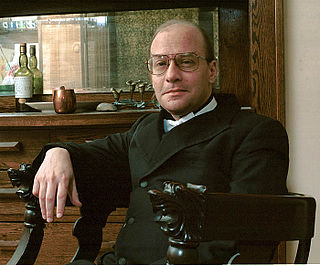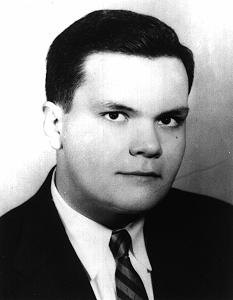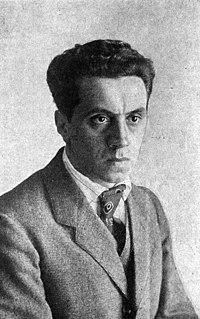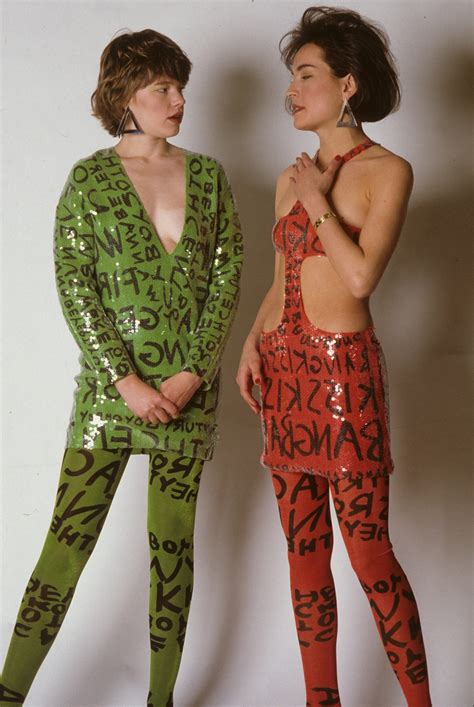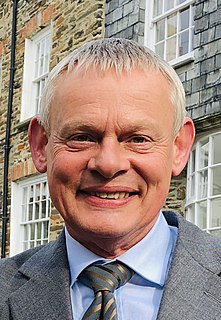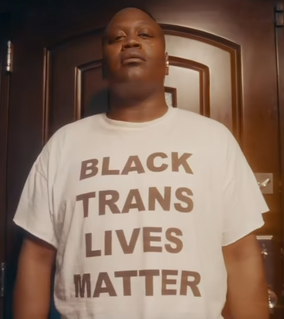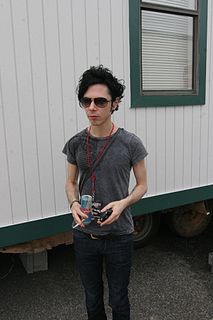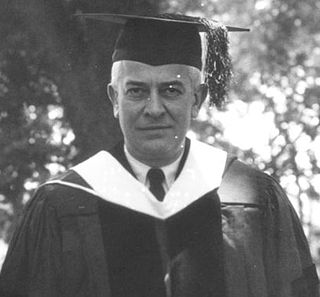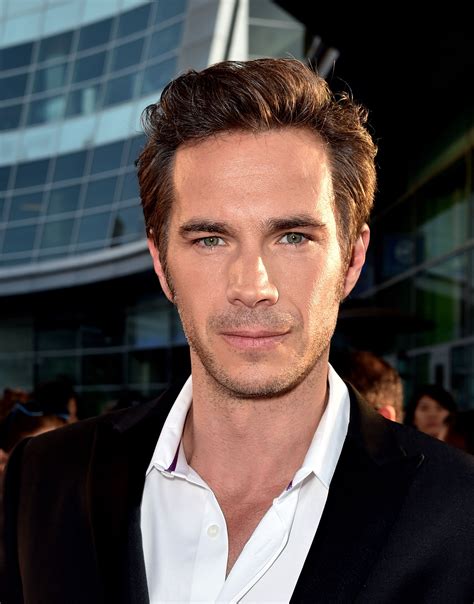A Quote by Italo Calvino
Having exhausted every possibility at the moment when he was coming full circle, Antonino realised that photographing photographs was the only course that he had left - or, rather, the true course he had obscurely been seeking all this time. (Last line of the story The Adventure of a Photographer )
Related Quotes
The lights were off so that his heads could avoid looking at each other because neither of them was currently a particular engaging sight, nor had they been since he had made the error of looking into his soul. It had indeed been an error. It had been late one night-- of course. It had been a difficult day-- of course. There had been soulful music playing on the ship's sound system-- of course. And he had, of course, been slightly drunk. In other words, all the usual conditions that bring on a bout of soul searching had applied, but it had, nevertheless, clearly been an error.
I know when a story is finished when there is not a single thing more I can think to do to it. And since I know at the start what the last line will be, I know when I've reached that point as logically as I can that it's finished. As for the rewriting-it's not foolproof, of course, but if you're honest about having thought of every possibility and you still come back to what you have, what more can you do?
So we see that even when Fortuna spins us downward, the wheel sometimes halts for a moment and we find ourselves in a good, small cycle within a larger bad cycle. The universe, of course, is based upon the principle of the circle within the circle. At the moment, I am in an inner circle. Of course, smaller circles within this circle are also possible.
[Maigret Sets a Trap] was always going to be the first film, and it seemed to be quite a nice story. But of course it meant that here I was playing this new character for the first time, in a place where he had been a relative failure, as all these people had been murdered and the pressure was on. Rather than starting optimistically with his pipe in front of the fireplace, he was in quite a difficult place.
I found out when I was 18 that Dad had left my mother and the family before he realised he was ill and then died. When I asked Mum about it, she just sort of shrugged it off and said she'd thought I knew about it all along. Of course I hadn't, though I'm sure she must have been desperately unhappy at the time.
Peter was not with them for the moment, and they felt rather lonely up there by themselves. He could go so much faster than they that he would suddenly shoot out of sight, to have some adventure in which they had no share. He would come down laughing over something fearfully funny he had been saying to a star, but he had already forgotten what it was, or he would come up with mermaid scales still sticking to him, and yet not be able to to say for certain what had been happening. It was really rather irritating to children who had never seen a mermaid.

